How I Learned What Made Me Tick as a Writer
I once started Haruki Murakami’s autobiography. His career as a writer started with a literary competition in Tokyo. He chiselled away at his first book every night for a month or three, sent off the manuscript and, according to his account, forgot all about it until he found out he’d won.
At this point, a green rage of envy descended, followed by a tinkling of glass and surprised yelp from the street: that was as far as I got with Murakami’s life as a writer. For me, each word that goes on the page is the equivalent of a tooth extraction without anaesthetic. One of my novels has been twenty-five years in the writing, and another, two decades. Without TLC’s brilliant assessments, I’d probably have given up. But those many rounds of assessment, revision and rewriting have produced books that I believe are now at least as well written as many I buy. I was ready to meet the publishing world.
The publishing world didn’t seem ready for me. I did everything that an aspiring author is supposed to do. I boiled down the plots to synopses, I found online resources on writing pitch letters, I got hold of the Writers & Artists’ Yearbook in the UK, and the Association of Literary Agents in the US. I short-listed those agents I thought I’d like to work with and those that I hoped might like to work with me. I sent out one batch of emails after another, in waves, dutifully waiting the requisite 6-8 weeks for – in nearly all cases – silence, before moving on to the next. I’d become pretty hard-skinned through all those revisions but, when a rejection (as opposed to silence) became a cause for celebratory champagne, the bubbles started to taste bitter.
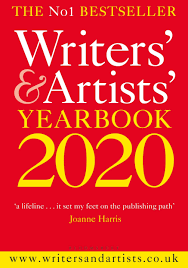
Meanwhile, back in in Hong Kong where I live, I’d entered my first completed novel, One Star for Each Soul, into a literary competition. Hong Kong is not the centre of the English-language publishing world, but it is where I’ve lived for my adult life and I know the publisher who runs the competition: a lady dedicated to literature and with very high standards. I was chuffed silly, therefore, when I was long-listed for the prize, which could have led to publication. It wasn’t Penguin or HarperCollins, but it was a start.
I’d submitted my entry on June 26th, 2020. Four days later, Hong Kong promulgated National Security legislation. The plot of the novel I’d submitted wasn’t political but the setting could have been viewed that way. I admire those who go to prison for their beliefs, but I did not wish to join their ranks (not for a novel, at least). I withdrew from the competition.
That was a bleak day. But my other novel, Price’s Price, was ready by then. It was set in colonial Hong Kong. There isn’t a single passage that could be read as critical of the current regime. Hong Kong was an obvious first market. I could launch the book here, learn my lessons and see if I could build on that for a possible future launch in the UK.
Now, during my conversations with the publisher on the submitted novel, I’d been asked for a promotion plan. I’d spent a few days reading up on the web: I responded with a plan that involved NetGalley, Goodreads, giveaways, a professional cover design and a whole bunch of other stuff. None of these guarantees success, but the one thing that promises failure is never to try.
The publisher baulked. It was all far too expensive, we’d apply for a grant from the government on which publication would be contingent, and so on. In short, as an indie publisher with a very literary focus, the publisher was used to sales in the hundreds. Don’t get me wrong: they’ve brought wonderful books to the world, but most of those books are for tiny audiences.
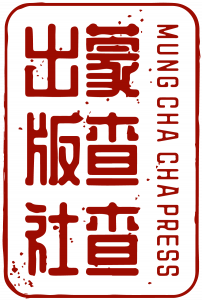
I believed and believe that my books have what it takes for a modest commercial success. Not a The DaVinci Code success, perhaps, but sales of more than a few hundred copies. I’m sure the indie publisher would have published Price’s Price, but their market position and resources were such that they couldn’t have made the novel a commercial success in the way I’d envisaged. And I was beginning to realise I wasn’t willing to compromise on that. It was part of the journey I wanted as a writer, part of becoming a better writer.
So, in March, I became the proprietor of Mung Cha Cha Press. I’ve found satisfaction. Instead of the interminable waits to hear silence, I am in charge of my own destiny as a writer.
I’ve been an entrepreneur for most of my life and have started many companies (and shut quite a few!). The businessman in me sees MCCP as just another investment: I want it to succeed, hope that it will, but acknowledge that it may fail. And, like any other investment, MCCP needs a plan and that plan involves money. Especially at the beginning.
Self-publishing is all too often done on the cheap. I write reviews for a few local publications and I’ve received quite a number of self-published books for review. A painting doesn’t stop at the frame: many self-published books are let down by appalling production: indifferent covers of stock art that does not attract the eye, fonts that are too dense to be easy reading, discontinuities and inconsistencies of formatting. These are all things that can be fixed, but equally, they are best fixed by professionals; those professionals cost money.
Then there is promotion. Once again, many self-published authors seem to have a promotion plan that reads, roughly, `stick it on Amazon, get all my friends to give it 5-star reviews, job done.’ That is not only the end of their promotion, but also often of their prospects for commercial success as their otherwise excellent books languish with other similarly-promoted books at the bottom of Amazon’s five thousandth page. Self-publishing is a very crowded market. Nielsen, NetGalley, Edelweiss.plus and Goodreads all offer ways of getting your book to the top of the page, but all these promotions cost money and you won’t see that money come back until well after the book has been published.
Then there’s the web and physical presence. I’ve run a blog for years and have a presence in Hong Kong. I am also fortunate in that, although the market in Hong Kong for English-language books is smaller than Glasgow’s, it is very accessible: there are literary festivals, bookshops with friendly owners, and all sorts of non-booky venues which are happy to help.
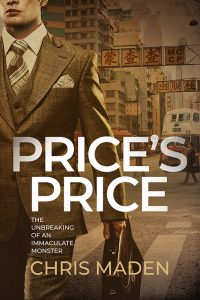
Which leads to another part of the plan, which is distribution. It’s all very well having a physical book, but it’s no use to anyone if you can’t get that book to its future owner. I hope to launch my first book in the UK in spring, 2022. I’d like copies to be in bookshops and bookshops want to deal with professionals: they want deliveries when they need them, returns, and invoicing that works. Somewhere out there, I hope, is a logistics company that can manage that side of things for me. But if they’re to do that, I need to print books to distribute, and it could be months if not a year before I see any money: yet more outlay.
Put this together and, if I wanted more for your book than to see it in print, I was going to have to invest several hundred if not several thousand pounds. Those costs can be defrayed by applying for grants, but even with grants, those costs won’t be zero if the book is to have a chance of success in a crowded market. Self-publishing isn’t for everyone, and people do it for different reasons. I have friends who have published excellent novels that I think could achieve a much wider audience than they did, but those friends are not afflicted by the ambition that drove me to take a punt on my own imprint. They’re happy to see their works published, don’t have any desire for public acclaim and don’t need the money. If that describes you, so much the better. If, like me, you hope one day to make a living from writing, I hope these notes will inspire you.
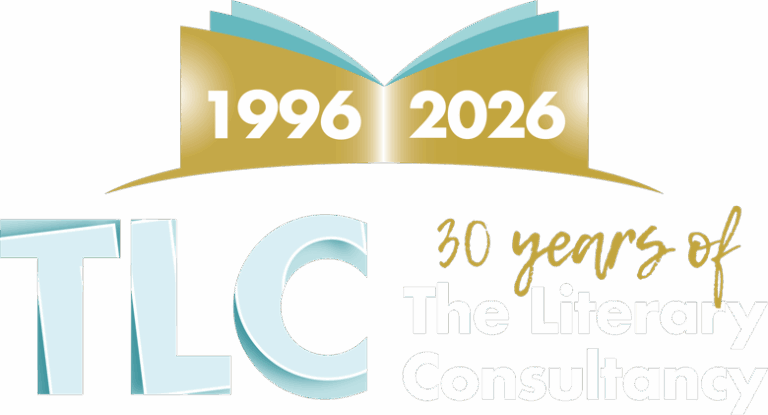
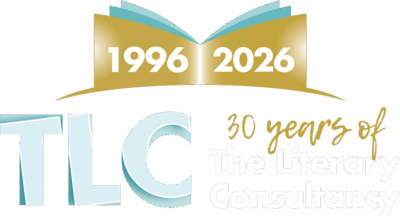


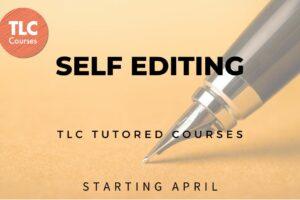


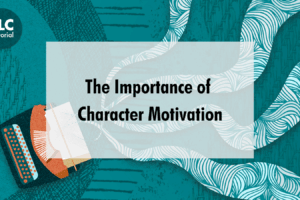

2 responses
Chris, I admire your persistence which seems to be such a big part of this game. I’m sure someone with your talent and clear-sighted view of the industry is well-placed for success, and I won’t be at all surprised when I see Price’s Price earn its acclaim next year. I’m now self-publishing too and there is a lot to be said for the complete artistic control that path gives you! Best of luck, Tim.
Good